Related products
-
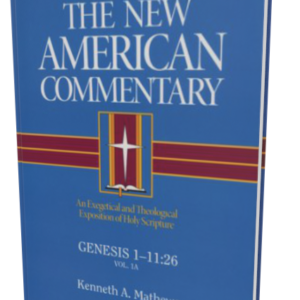
New American Commentary – Pentateuch (6 volumes)
$124.00 Add to cart -
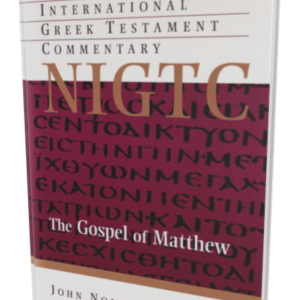
NIGTC Commentary: Matthew (John Nolland)
$79.90 Add to cart -
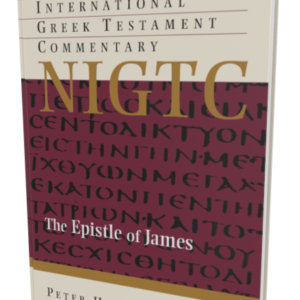
NIGTC Commentary: James (Peter H. Davids)
$30.90 Add to cart -
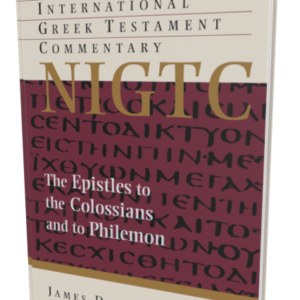
NIGTC Commentary: Colossians & Philemon (James D. G. Dunn)
$39.90 Add to cart -
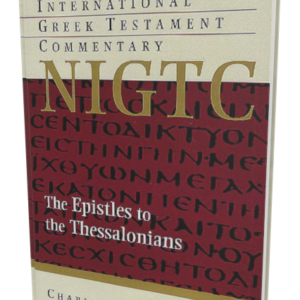
NIGTC Thessalonians (Charles A. Wanamaker)
$33.90 Add to cart
Reviews
There are no reviews yet.
Be the first to review “Apollos Old Testament Commentary: Leviticus (Kiuchi)” Cancel reply


Apollos Old Testament Commentary: Leviticus (Kiuchi)
Requires Accordance 10.4 or above.
For even more information, see this release announcement and this review.
The Old Testament Book of Leviticus is the sequel to Exodus in that it deals with a deeper dimension of the Sinaitic covenant, giving various rules for the life of the Israelites and for the sacrifices and offerings to be performed in the sanctuary. It addresses the question of how the Israelites–human beings–can live in proximity to the holy God who has promised to dwell in their midst.
In this excellent commentary, Nobuyoshi Kiuchi offers in-depth discussion of the theology and symbolism of Leviticus. He argues that its laws present an exceedingly high standard, arising from divine holiness, and the giving of these laws to the Israelites is intended to make them aware of their sinfulness, to lead them to hopelessness and ultimately to destroy their egocentric nature.
To be confronted by the laws in Leviticus is to recognize the vast distance that separates the holy from the unclean and sinful, and so to appreciate afresh the grace of God, ultimately expressed in the life and work of Christ.
About the Series:
The Apollos Old Testament Commentary (AOTC) aims to take with equal seriousness the divine and human aspects of Scripture. It expounds the books of the Old Testament in a scholarly manner accessible to non-experts, and it shows the relevance of the Old Testament to modern readers. Written by an international team of scholars and edited by David W. Baker and Gordon J. Wenham, these commentaries are intended to serve the needs of those who preach from the Old Testament, as well as scholars and all serious students of the Bible.
The AOTC series introduces and examines the books of the Old Testament, bridging the gap between the age in which they were written and the age in which we now read them. Each commentary begins with an Introduction which gives an overview of the issues of date, authorship, sources, and outlines the theology of the book, providing pointers towards its interpretation and contemporary application. An annotated Translation of the Hebrew text by the author forms the basis for the subsequent commentary.
Within the commentary, Form and Structure sections examine the context, rhetorical devices, and source and form-critical issues of each passage. Comment sections offer thorough, detailed exegesis of the historical and theological meaning of each passage, and Explanation sections offer a full exposition of the theological message within the framework of biblical theology and a commitment to the inspiration and authority of the Old Testament.
Apollos Old Testament Commentary Series: Leviticus (Volume 3)
• Author: Nobuyoshi Kiuchi
• Series Editors: David W. Baker, Gordon J. Wenham
• Publisher: InterVarsity Press (2007)